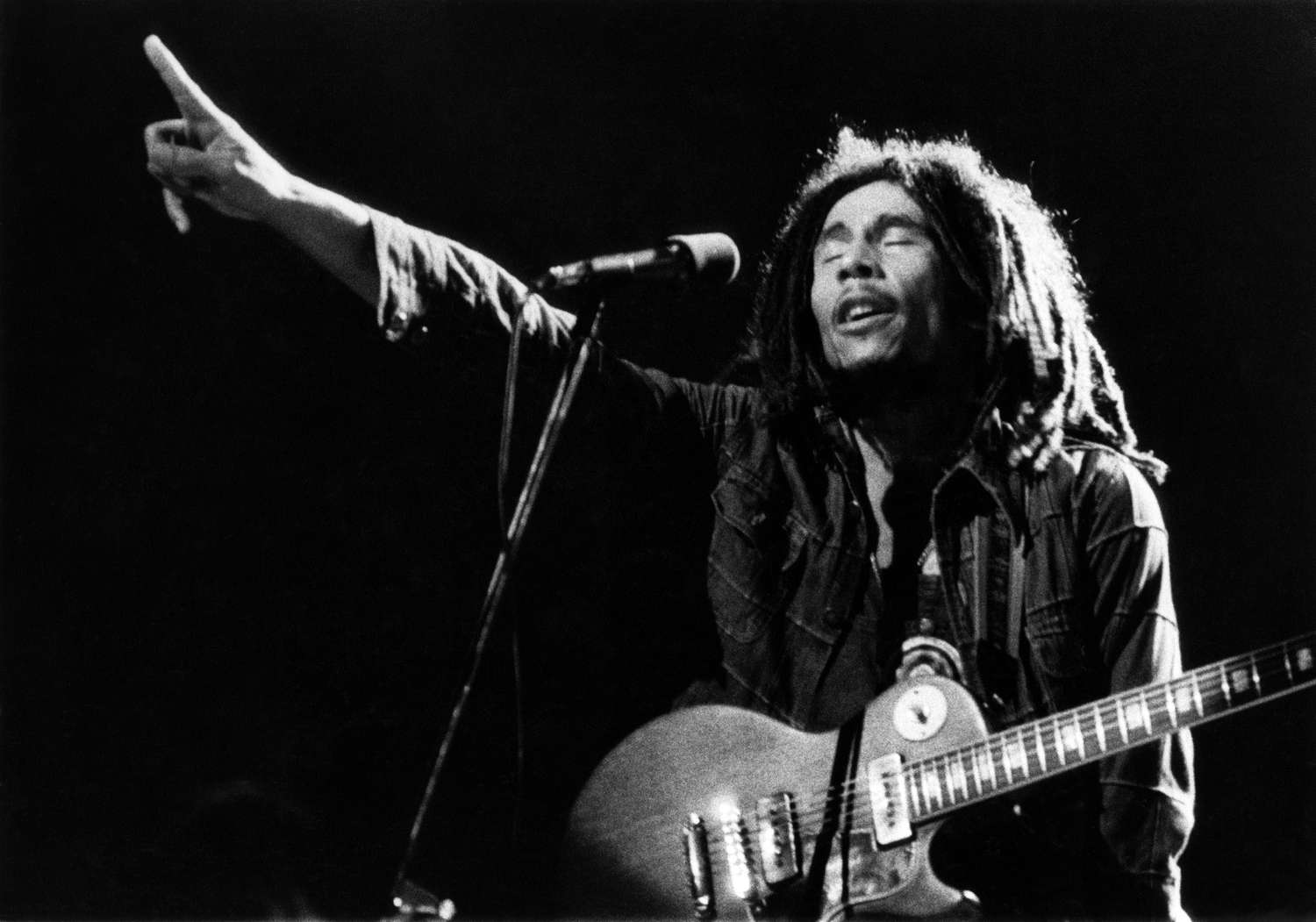Jamaica has created two popular music genres, Reggae and Ska. Ska emerged in the late 1950s with an upbeat and fast-paced rhythm and was favored by lower-middle-class Jamaicans. The Reggae genre developed in the late 1960s and is well-known for its slower pace and socially and politically conscious lyrics. Ska’s sound features horns, guitar, drums, and bass, while Reggae has a heavy bass and guitar sound. Ska’s lyrics are often light-hearted, while Reggae conveys social and political messages, influenced by Rastafarian religion. Both music genres have made a significant impact on the industry, with Reggae inspiring worldwide social and political change.
Reggae vs. Ska: A Comparison of Jamaican Music Genres
Introduction
Jamaica has gifted the world with two of the most recognizable music genres, Reggae and Ska. Both have been developed and evolved over the years to create a distinct and unique Jamaican sound. While both share some similarities, they have their own identity and appeal. This article compares and contrasts both genres to provide an understanding of their origins, characteristics, and differences.
Origins
Ska emerged in the late 1950s in Jamaica and was heavily influenced by American rhythm and blues. The music had a faster pace than traditional Jamaican music and featured a unique blend of horns, guitar, drums, and bass. Initially, Ska was popular with lower-middle-class Jamaicans, and its upbeat and danceable sound was perfect for parties and gatherings.
On the other hand, Reggae emerged in the late 1960s and was notably slower-paced than Ska. It featured more socially and politically conscious lyrics, with a focus on messages of social justice, unity, and love. Reggae was heavily influenced by the Rastafarian movement and had a distinctive rhythm characterized by heavy bass and guitar.
Musical characteristics
Ska music can be recognized by its distinctive upbeat rhythm, often referred to as an ‘offbeat’ or ‘shuffle.’ The music is typically fast-paced, and horns are a common instrument, giving Ska its distinct sound. The rhythm guitar is also a vital part of Ska music, and it is often used to accentuate the offbeat. The bass guitar often provides a jazz-influenced walking bass line, adding to the overall melody.
Reggae, on the other hand, is known for its slower tempo, often featuring a one-drop rhythm that emphasizes the second and fourth beats rather than the first and third. Typically, Reggae music features a heavy bass-line coupled with syncopated guitar riffs. The use of organ and horns is less prevalent in Reggae music than in Ska.
Lyrics
Lyrics in Ska music often focused on light-hearted and fun themes, and even when they touch on serious topics, the overall tone is still upbeat and joyful. Ska lyrics often portrayed the daily struggles of Jamaicans, with a focus on love, relationships, and work.
In contrast, Reggae music was often used to convey political and social messages, with a focus on themes such as equality, justice, human rights, and love. Reggae music was also heavily influenced by the Rastafarian movement, which advocates for a return to Africa and the belief that Emperor Haile Selassie I was the Messiah.
Influence
Both Ska and Reggae have had a significant impact on the world of music. Ska music influenced the development of Rocksteady, a genre that emerged in the mid-1960s and was a precursor to the slower-paced, more politically conscious Reggae music. Ska’s influence also spread to the United Kingdom, where it was embraced by the mod subculture and became known as ‘2-tone’ ska.
Reggae, too, has had an enormous impact on music worldwide. Artists such as Bob Marley, Peter Tosh, and Jimmy Cliff are among the most recognized musicians globally and have brought Reggae music to audiences around the world. The messages and themes of Reggae music continue to inspire social and political change worldwide.
Conclusion
Ska and Reggae are two distinct Jamaican music genres that have evolved over time to become recognized worldwide. While both share some similarities, including the influence of African rhythms and the use of bass and guitar, they have their own identity and appeal. Ska’s upbeat tempo and light-hearted lyrics contrast with Reggae’s more profound, slower-paced sound that often conveys messages of social and political importance. Despite their differences, both genres have had a profound impact on Jamaican music and the music industry worldwide.
